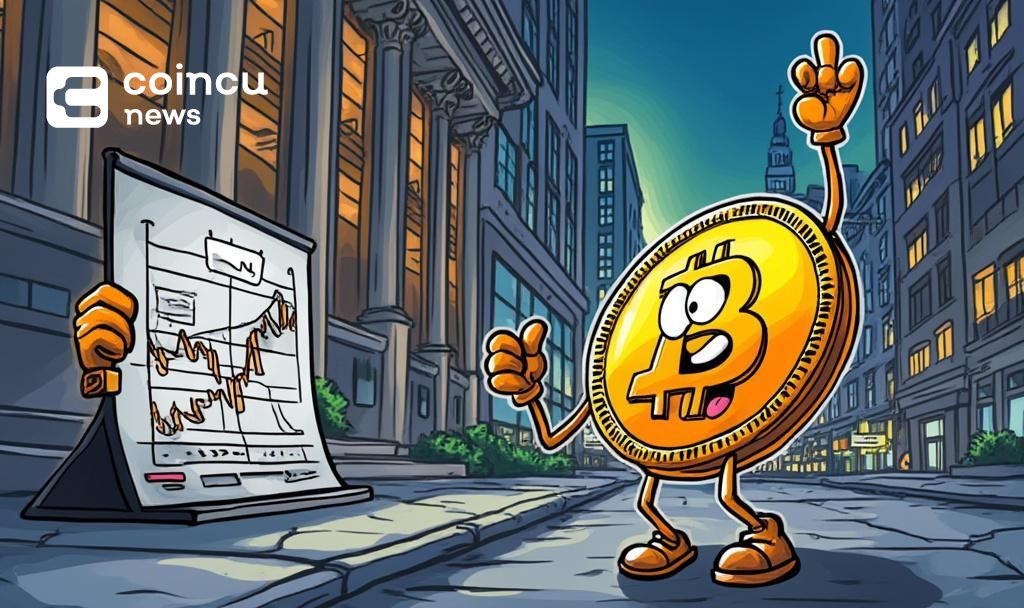
Ethereum (ETH)
What tools does Nimbus offer for effortlessly monitoring Ethereum?
Nimbus provides a user-friendly tracking solution equipped with intuitive tools to monitor Ethereum effortlessly. These tools are specifically designed for user convenience, allowing individuals to stay seamlessly updated on the latest trends, prices, and information related to Ethereum. Users can also explore the world of cryptocurrency effortlessly while simultaneously tracking Ethereum prices. The platform also offers insights into profit and loss, providing a comprehensive experience without the complexity typically associated with monitoring cryptocurrencies.
How does Nimbus enable tracking Ethereum prices with profit and loss?
Nimbus facilitates the tracking of Ethereum prices with profit and loss through seamless integration with your crypto wallet for portfolio monitoring. By connecting with your crypto wallet, Nimbus provides a clear and comprehensive overview of various metrics, including profits, losses, revenue, expenses, return on investment (ROI), and other essential financial indicators. This integration ensures that users can analyze their cryptocurrency portfolio with precision, gaining valuable insights into their financial performance. With Nimbus, users can navigate the cryptocurrency landscape with a perfect blend of simplicity and sophistication, enhancing their ability to make informed investment decisions.
How does Nimbus analyze Ethereum, and what insights does it provide?
Certainly! Nimbus possesses a robust analysis tool that is adept at evaluating and interpreting Ethereum . The tool employs diverse strategies, including delving into metadata details, tracking marketplace data, and calculating performance metrics such as Return on Investment (ROI). Through these methodologies, Nimbus provides users with valuable insights into the composition and performance of their Ethereum. Users can gain a comprehensive understanding of their investment. The analysis tool ensures that users are equipped with the necessary information to navigate the cryptocurrency landscape with confidence and intelligence.
Trending News
Sui validators approve fund recovery plan as Cetus revenue hits ATH
Sui validators back recovery plan with over 10% pass rate as Cetus revenue surges on the process.
AMBCrypto
May 31, 2025


Sui validators approve fund recovery plan as Cetus revenue hits ATH
Sui validators back recovery plan with over 10% pass rate as Cetus revenue surges on the process.
AMBCrypto
May 31, 2025
Ultimate Guide to the R6 Marketplace: How to Buy, Sell, and Profit in Rainbow Six Siege
Explore the R6 Marketplace in Rainbow Six Siege: learn how to buy, sell, and trade skins and items securely with our complete guide.
BlockchainReporter
May 31, 2025


Ultimate Guide to the R6 Marketplace: How to Buy, Sell, and Profit in Rainbow Six Siege
Explore the R6 Marketplace in Rainbow Six Siege: learn how to buy, sell, and trade skins and items securely with our complete guide.
BlockchainReporter
May 31, 2025
U.S. Core PCE Holds Steady, Fed Rate Cut Bets Rise
Detail: https://coincu.com/340788-us-core-pce-fed-rate-cut/
CoinCu
May 31, 2025


U.S. Core PCE Holds Steady, Fed Rate Cut Bets Rise
Detail: https://coincu.com/340788-us-core-pce-fed-rate-cut/
CoinCu
May 31, 2025
Ripple CLO backs CLARITY Act to clear crypto chaos
Ripple’s legal chief supports the new CLARITY Act, which aims to clarify crypto rules in the US.
Cryptopolitan
May 31, 2025


Ripple CLO backs CLARITY Act to clear crypto chaos
Ripple’s legal chief supports the new CLARITY Act, which aims to clarify crypto rules in the US.
Cryptopolitan
May 31, 2025
Will Bank of England Start Bitcoin Reserves?
The United Kingdom’s engagement with cryptocurrencies has often sparked discussions, with recent hints suggesting that the Bank of England might invest in Bitcoin reserves. Such a groundbreaking decision could significantly impact global financial markets and crypto enthusiasts.
BH NEWS
May 31, 2025


Will Bank of England Start Bitcoin Reserves?
The United Kingdom’s engagement with cryptocurrencies has often sparked discussions, with recent hints suggesting that the Bank of England might invest in Bitcoin reserves. Such a groundbreaking decision could significantly impact global financial markets and crypto enthusiasts.
BH NEWS
May 31, 2025
ETH Market Statistics
Price USD
$3,131.02Market Cap
$377,053,653,478.48Total Volume USD
$36,523,495,472.75Total Supply
120,425,284.40 ETHCirculating Supply
120,425,284.40 ETHFully Diluted Market Cap
$377,053,653,478.48Socials
Official links
Join us to Maximize your Returns & Minimize your Risk
Gain access to all exclusive data, insight that can make your investment more joy